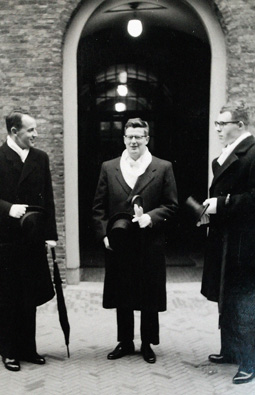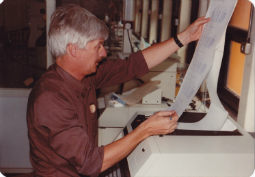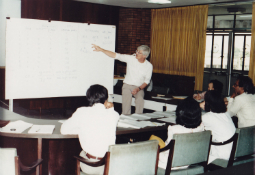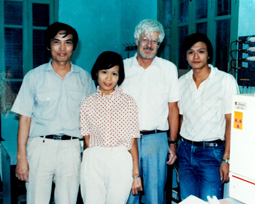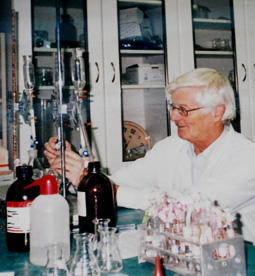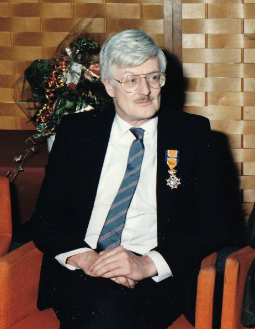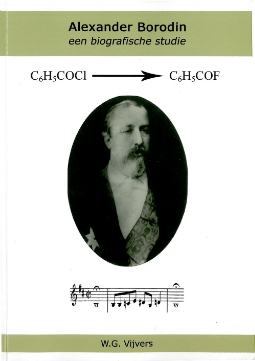Peter Greve was born in 1931 in The Hague (Netherlands). He received musical training in The Hague from Jean Antonietti and Léon Orthel (piano), Theo Laanen (trumpet), Dr Marcus van Crevel (theory), and later from Willem Frederik Bon (Amsterdam), Myers Foggin (UK) and Terence Lovett (UK) in orchestral conducting. Parallel, he studied at the State University of Leiden (Netherlands), where he obtained M.Sc. and Ph.D. degrees in chemistry.
After his studies, he worked as a scientific researcher in pharmaceutical industry and in state service, but remained active in music on a part-time basis.
From 1981 to 2002 he fulfilled consultancies for various national and international organisations such as the UN-Food and Agricultural Organization (FAO), the UN-World Health Organization (WHO), the UN-International Atomic Energy Agency (IAEA), the European Union (EU) and the “Project Uitzending Managers” of the Dutch Ministry of Foreign Affairs in, i.a., East-Asia, Eastern Europe, Central-America and Arab countries.
Since his retirement in 2002, he is, – fulfilling of a wish felt since his early years – , a full-time musician, working as a composer, arranger, conductor and pianist. He is a member of the Society of Dutch Composers (“Nieuw Geneco”) and BUMA/Stemra, the Dutch organisation in charge of collecting copyrights for its members.
Peter lives in ‘s-Graveland, a village ca 20 km south-east from Amsterdam. He publishes scores and parts of his works through the Foundation “Peter Greve, componist & arrangeur” (cf paragraph “Contact“). A summary of his works published sofar is given in this website.

